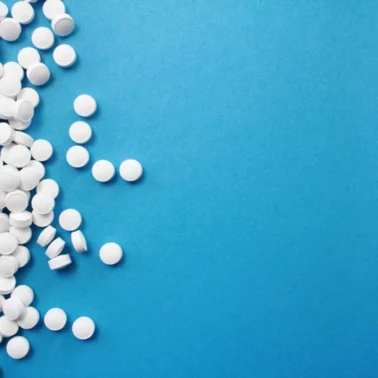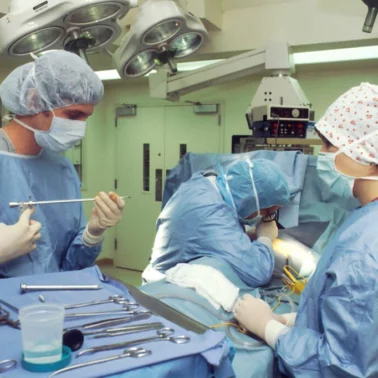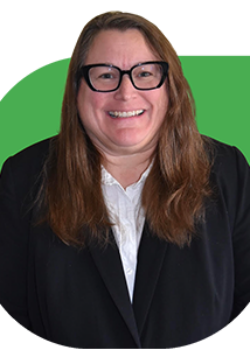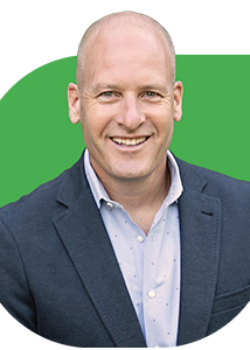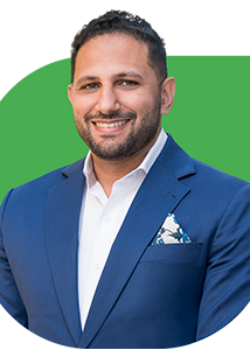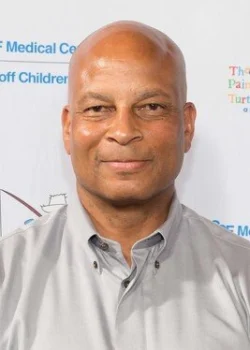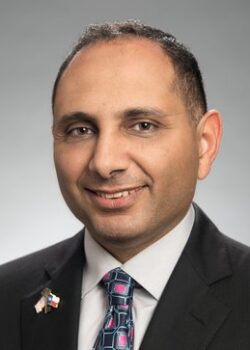How Dr. Amer Raheemullah Identifies Addiction vs Dependence.

Not surprisingly, many doctors have concerns about misdiagnosing addiction, managing chronic pain, and prescribing opioids. “What we’re trying to do is educate physicians compassionately and non-judgmentally,” explains Dr. Amer Raheemullah, M.D. “National surveys show that physicians feel that prescribing opioids are stressful. And they have concerns around not being able to diagnose addiction properly.”
Lucid Lane seeks to bridge the gap between physicians and patients by providing education and support on both sides. “The number one reason patients get abruptly stopped from medications like opioids is the physician’s misperception about addiction,” Dr. Raheemullah says. A famous study surveyed hundreds of physicians and found that 94% were not able to diagnose addiction properly. “And that’s not necessarily a critique to the physicians, but more so to the education that our physicians and support they are getting.”
The majority of people who are tapering off of opiates and benzodiazepines do not have substance use disorder. Still, Lucid Lane coaches aim to provide appropriate solutions in all cases, championing compassionate care above all else. “Anytime I talk to a patient about opioid or benzodiazepine taper, I start by letting them know that, although my specialization is in addiction medicine, that doesn’t necessarily mean I’m going to think they have an addiction.” “Because we see addiction on a regular basis—heroin addiction, meth addiction, alcohol addiction—we’re able to clearly diagnose when someone actually does not have an addiction,” Dr. Raheemullah says.
“When you take people off of these medications too soon, they have a certain physiological response. Just like if you walk out of a movie theater and the light hits you, it stuns you for a moment.”
Patient-Centered, Consensual Tapers
Most people who are on opioids and benzodiazepines chronically do not misuse them, and even a smaller percentage of people suffer from substance use disorder. Lucid Lane counselors advocate for people by teaching them what a healthy physician-patient relationship is; emphasizing their rights to receive a patient-centered, consensual taper; and educating them on what a taper looks like.
“People who are coming off medications really need compassion, understanding, and time to get adjusted to their new doses,” Dr. Raheemullah says. Lucid Lane’s diagnosis and monitoring provides a layer of psychosocial support for the patient to taper in a comfortable and safe way.
“When you take people off of these medications too soon, they have a certain physiological response. Just like if you walk out of a movie theater and the light hits you, it stuns you for a moment. That’s because your eyes got adjusted to the dark. It takes some time to get adjusted to the light.”
Personalized Treatment Plans
During tapering, patients may be provided with a combination of pain coaching, medication, and cognitive behavioral therapy. Finding a personalized plan starts with hearing each individual’s unique story.”
“My patients are my biggest inspiration,” Dr. Raheemullah says. “I’ve seen them at some of the lowest points, when they’re abruptly taken off of these medications. And then to see them stabilize and get the support they need is incredibly rewarding.”
Learn More
Get in touch with us.
Contact us at [email protected]




